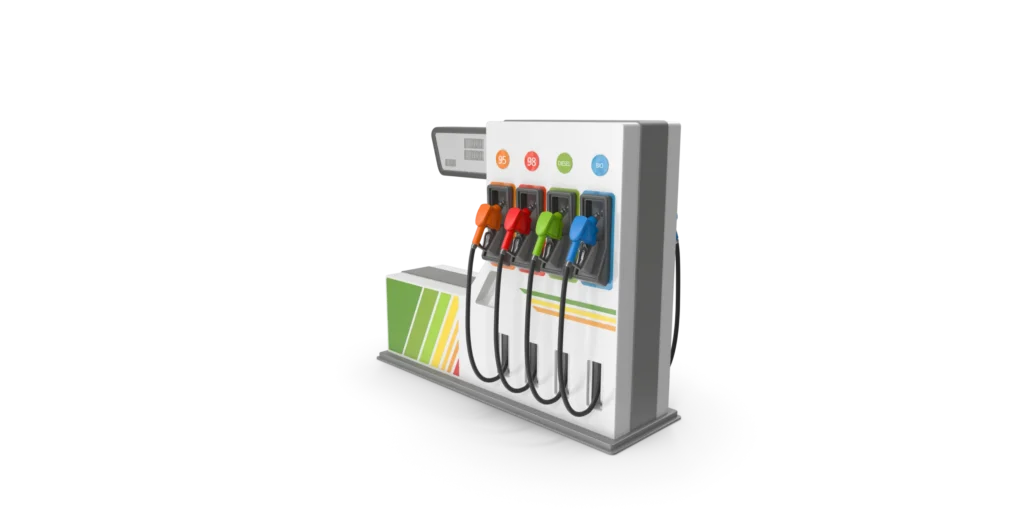Electric vs. Gas: Comparisons of electric and gas-powered scooters.
When it comes to choosing a scooter, one of the primary considerations is whether to go electric or stick with a traditional gas-powered model. Both options have their advantages and drawbacks, and understanding the differences between the two can help you make an informed decision. In this blog, we will compare electric and gas-powered scooters, highlighting the key aspects that differentiate them and exploring their impact on the environment, cost-effectiveness, and overall performance.

Electric Scooters: Clean and Green
Electric scooters have gained popularity as an eco-friendly alternative to gas-powered models. Here’s what sets them apart:
Environmental Impact
Electric scooters produce zero tailpipe emissions. They run on electricity, which significantly reduces their carbon footprint and helps improve air quality. By choosing an electric scooter, you can play your part in reducing greenhouse gas emissions and promoting a cleaner environment.

Noise and Vibrations
Compared to gas-powered scooters, electric scooters operate quietly and with fewer vibrations. This makes for a smoother and more enjoyable ride, while also contributing to a quieter and more peaceful urban environment.

Maintenance and Operating Costs
Electric scooters generally have lower maintenance and operating costs than their gas-powered counterparts. They require less frequent servicing, no oil changes, and no need for refueling. Charging an electric scooter is often cheaper than filling up a gas tank, resulting in potential long-term cost savings.

Advancements in Technology
Electric scooter technology is rapidly evolving, leading to improvements in battery life, range, and charging time. Modern electric scooters often come with smart features, such as mobile apps for tracking battery levels and finding charging stations. These advancements make electric scooters more convenient and user-friendly.

Gas-Powered Scooters: Tried and True
While electric scooters offer many benefits, gas-powered scooters still have their merits. Let’s explore their characteristics:

Power and Speed
Gas-powered scooters generally provide more power and higher top speeds compared to electric scooters. This can be advantageous for riders who require faster acceleration or need to hit higher speeds for their commutes.

Range and Refueling
Gas-powered scooters generally have a longer range than electric scooters and are quicker to refuel. This makes them suitable for longer distances without the need for frequent charging. Gas stations are more prevalent than charging stations, making refueling more convenient.

Affordability
Gas-powered scooters are often cheaper to purchase upfront than electric scooters. Additionally, there is a more readily available secondhand market for gas-powered models. However, it is important to consider the long-term costs of fuel and maintenance that come with gas-powered scooters.

Availability
Gas-powered scooters are still more widely available than electric scooters. They can be found in numerous dealerships and rented in many locations. This greater availability may provide more options for potential buyers or renters.

Conclusion
The choice between an electric scooter and a gas-powered scooter ultimately depends on your specific needs and priorities. Electric scooters offer a cleaner and more eco-friendly option with lower operating costs. They are well-suited for short commutes and urban travel. On the other hand, gas-powered scooters provide more power, longer range, and faster refueling. They may be more appealing to those needing higher speeds or efficiency for longer distances.
It’s important to weigh the environmental impact, cost-effectiveness, and performance factors along with your personal preferences when making a decision. By considering these aspects, you can select the scooter that aligns with your needs and values.
